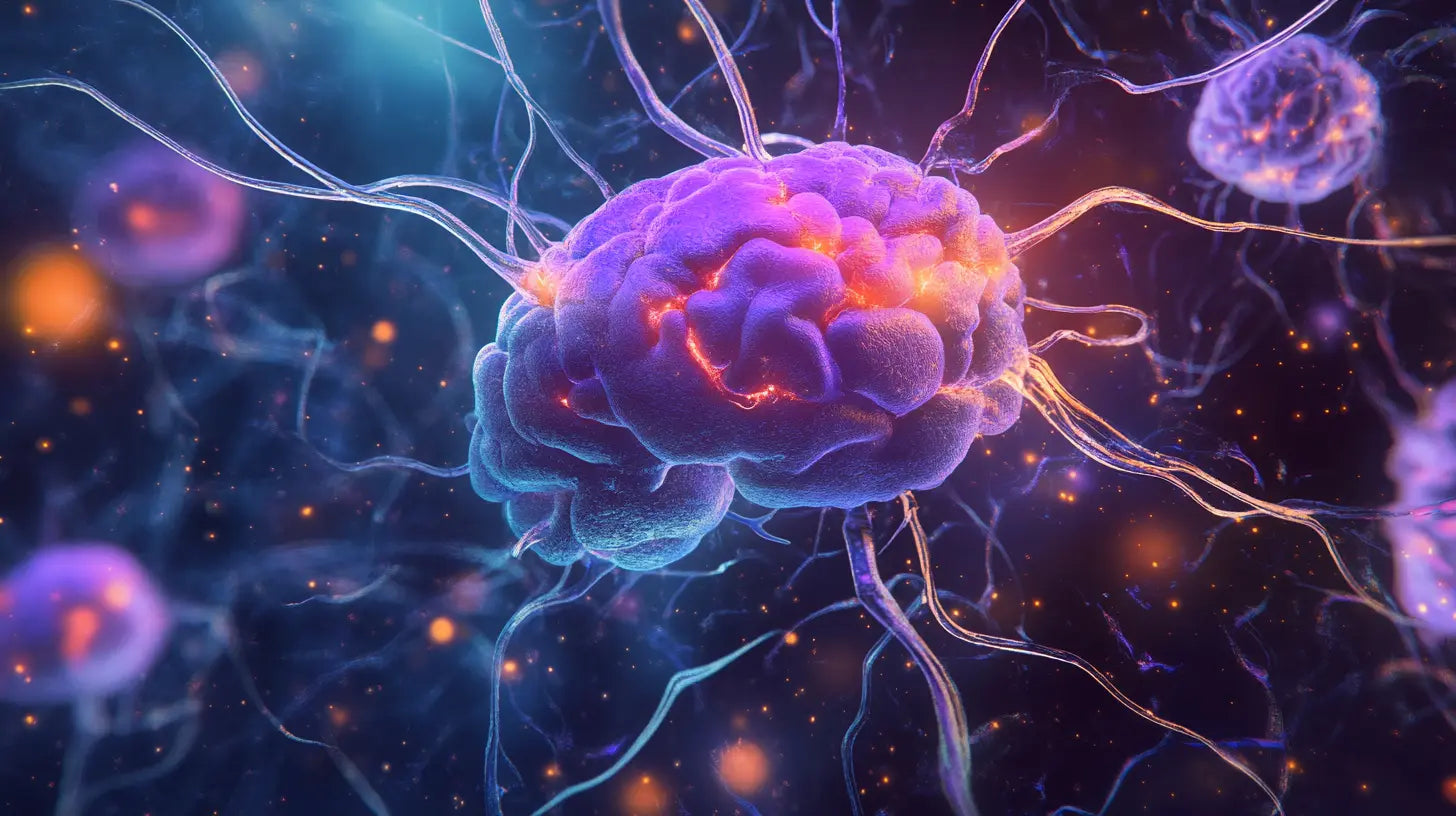
Nomophobia: the addiction causing anxiety in the digital age
In today's society, technology has become an essential part of our daily lives. With smartphones being our primary means of communication, it's no surprise that many people feel a strong attachment to their mobile devices. This dependence on technology has led to the emergence of nomophobia, a fear and anxiety related to being without access to one's mobile phone.
Understanding nomophobia as a modern-day condition
Nomophobia, short for "no mobile phone phobia," is a term used to describe the fear and panic experienced when someone is unable to use or access their smartphone. While it may not yet be officially recognized as a disorder, nomophobia can cause significant anxiety and distress in those affected by it. This growing issue should be regarded as a serious mental health condition due to its capacity to negatively impact an individual's well-being and quality of life.
Symptoms and consequences of nomophobia
People diagnosed with this condition often exhibit a range of both physical and psychological symptoms:
- Restlessness and irritability when separated from their phone.
- Increased heart rate, trembling, sweating, and nausea.
- Constantly checking their device for notifications and updates.
- A sense of panic or extreme discomfort when they don't have access to their phone.
- Difficulty falling or staying asleep due to habitual phone use before bedtime.
Additionally, research links nomophobia to excessive smartphone use, feelings of personal inadequacy, low self-esteem, and depression. It may also contribute to the development of other anxiety-related disorders or exacerbate existing mental health conditions.
The factors and environments that foster nomophobia
1. Personal attachment to smartphones
In recent years, mobile phones have integrated themselves into various aspects of our lives, serving as communication hubs, diaries, entertainment providers, shopping tools, and more. The extent of these functionalities creates a reliance on smartphones – along with a fear of losing them or being unable to access their features.
2. Fear of missing out (FOMO)
Social media plays a significant role in creating feelings of FOMO among users. Constant exposure to updates and news from friends, family, celebrities, and influencers may intensify an individual's anxieties about missing important events and information if they don't check their devices regularly.
3. Connectivity in the workplace
Modern work culture often relies on constant connectivity through smartphones and other devices. As professional boundaries blend with personal lives due to the instant availability provided by technology, many individuals feel a pressure to remain reachable at all times. This expectation exacerbates anxiety around cellphone contact, further fueling nomophobia.
Tackling nomophobia: Treatment options and paths to recovery
As awareness around this growing issue spreads, there is more focus on providing support and resources for those affected by it. Various techniques and interventions may help reduce symptoms:
- Cognitive-behavioral therapy (CBT) sessions can help tackle irrational beliefs and thoughts surrounding phone use and promote healthier attitudes towards technology.
- Mindfulness exercises encourage a greater sense of presence, acceptance, and balance, addressing smartphone addiction and nomophobia-related anxiety.
- Pursuing digital detoxes and breaks to limit smartphone exposure can offer valuable opportunities for self-reflection, relaxation, and reevaluation of habits.
- Developing healthy phone usage habits, such as setting designated device-free hours or regularly monitoring screen time, allows individuals to regain control over their daily routines.
Acknowledging the existence and implications of nomophobia is crucial in understanding its severity and addressing it efficiently. As an increasingly prevalent issue in contemporary society, strategies for managing and coping with this modern-day phobia are essential in safeguarding our mental well-being.
0 comments
Disclaimer
The information in this article is for educational and informational purposes only. If this article discusses psychedelics, supplements, or wellness practices, it is not intended to promote, endorse, or encourage illegal activities or unverified health claims.
n0glitch does not sell or distribute psychedelic substances and does not provide medical, legal, or professional advice. Always consult a qualified healthcare provider before making health-related decisions.
Laws regarding psychedelics and supplements vary by country and region. Please research and comply with local regulations.












